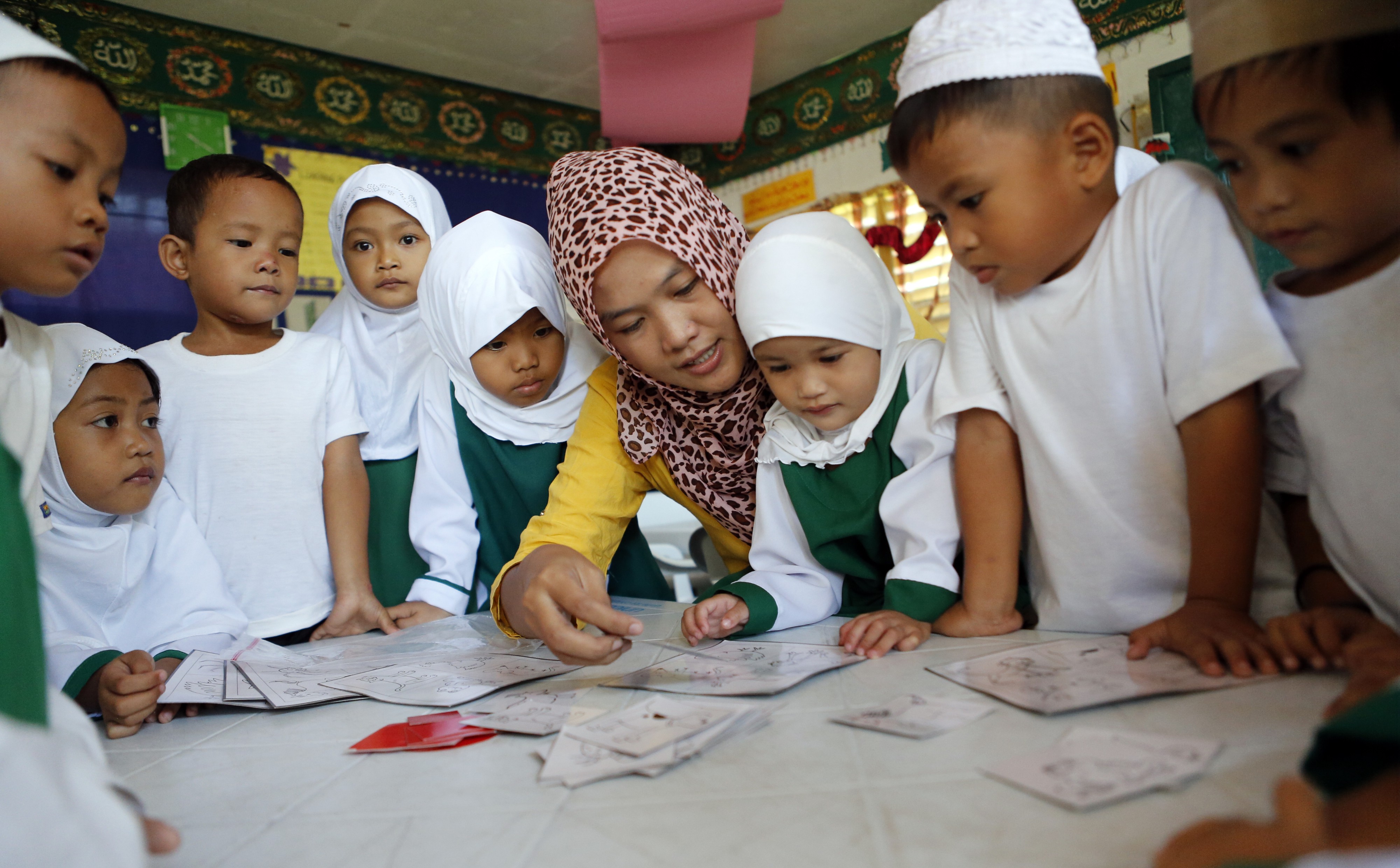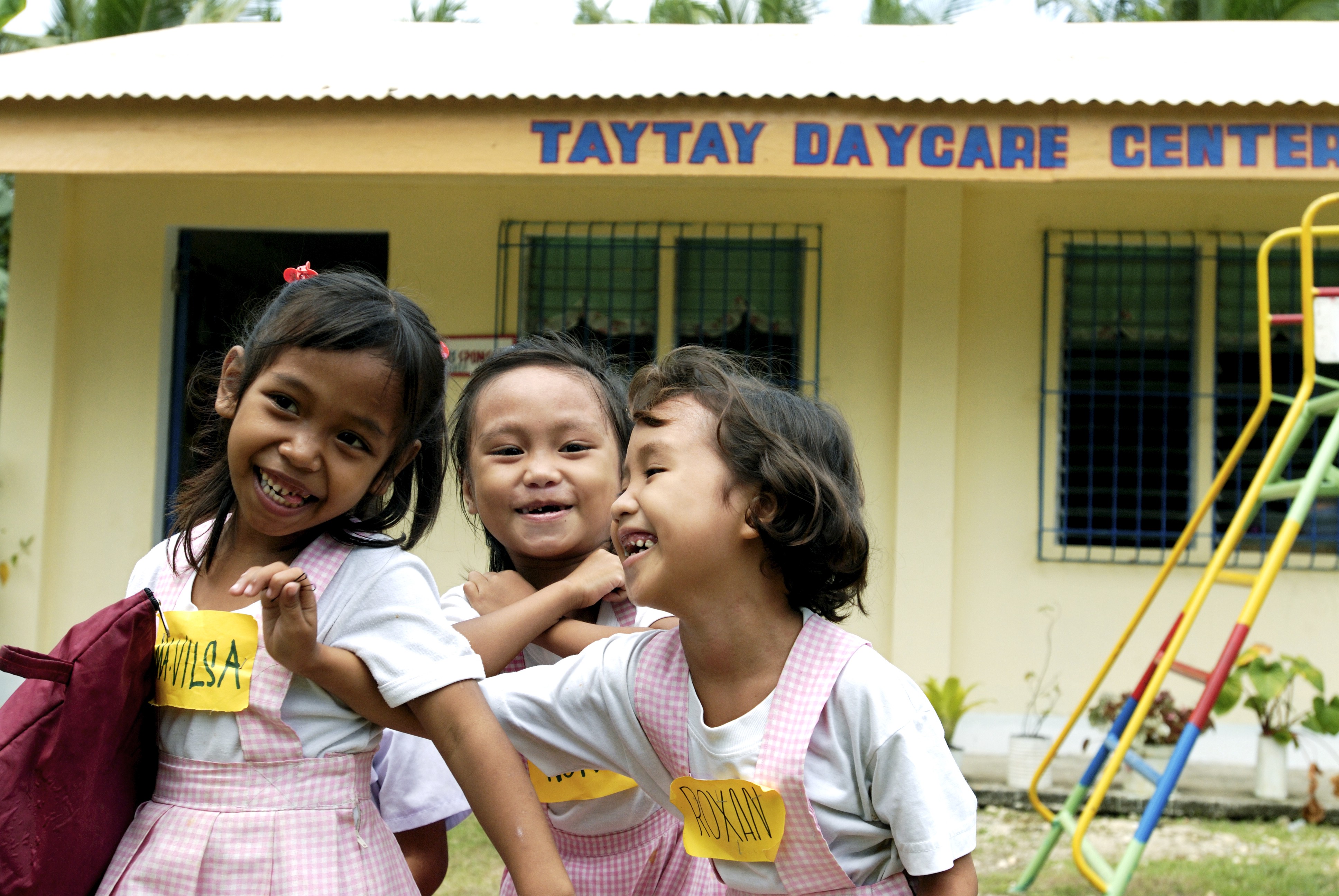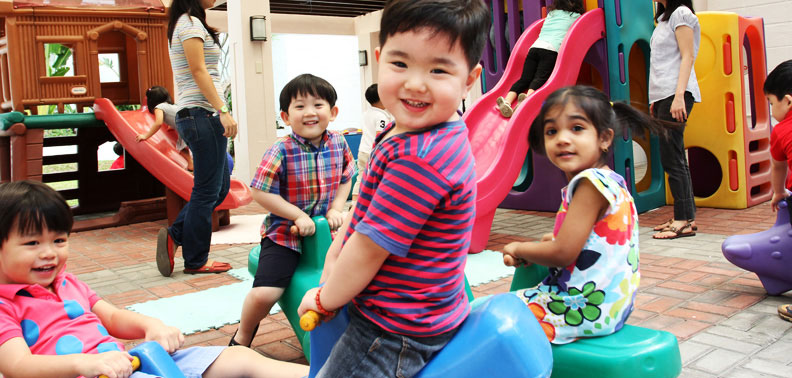Over five weeks (Aug 19-Sep 22), I attended the Future of Work: Preparing for Disruption massive open online course (MOOC) by the World Bank Group. The course is incredibly eye-opening and relevant, especially for digital natives who are keen to understand what’s in store for them in the foreseeable future. What’s surprising though, is that this MOOC smashed my notion that future technologies will cause job insecurity. This is a view shared by several young entrepreneurs and tech people during a recent conference on the same topic held in Beijing in August 2019. There, at least two speakers said AI technology would render current workers’ skills obsolete. The World Bank Group, however, delves deeper into the core of those uncertainties and worries using the Human Capital Index (HCI). In this opinion piece, I will talk about my proposed solution that can convey how the nature of work is changing and what the Philippines can do to prepare and support the workforce.
The Philippines has the third youngest people in Asia, and according to the United Nations, in every 10 Filipinos, at least 4 of them are youth under 15. The median age of Filipino youth is 26. We can infer that the Philippines has a young workforce using this data. The question, however, is: are Filipino youths ready for the future of work?
Partially yes, in my opinion. More and more Filipinos are getting connected, with at least 65% of the population has a form of access to the Internet. That is not enough, however, because the future of work isn’t only confined to just being online nor having excellent knowledge about social media and digital devices. They need to have soft and transferable skills to prepare for an interconnected and digital future. These skills can be learned at a younger age, through early childhood education.
The World Literacy Foundation references UNESCO on literacy and says: “education improves understanding of new technologies and facilitates their diffusion and implementation – factors which also promote economic growth.”
In the Future of Work: Preparing for Disruption online course, the World Bank Group (WBG) posits that countries that improve their human capital give their people more opportunities, and therefore prosperity to everyone. What is notable, though, is the WBG’s focus on early childhood development, education, and health as important indicators of productivity of future workers.
The Philippines’ human capital index (HCI) stands at 0.55, and Filipino economist Winnie Monsod explains the figure as “the future productivity of Filipino children born today will reach just over half of their maximum potential.” Monsod also zeroed in on the prevalence of stunting in young Filipino children.
“Since 2005, our not-stunted levels have remained at 67 percent, i.e., one in three children are stunted. This is lower than the lower-middle-income group (68 percent), lower than the world (78 percent), and much, much lower than East Asia (88 percent). Red flag,” she wrote in an opinion column on Inquirer.net
Despite these alarming numbers, early childhood development is a topic not widely talked about in the Philippines since preschool education is not mandatory. Filipino children begin education at the age of 5 in kindergarten, which is the latter part of a longer early childhood education framework that also includes preschool and nursery (day-care centers in local parlance), to prepare these children for primary (elementary) school. But there has been a change in thinking at the policy level.
A 2013 law established the Early Childhood Care and Development (ECCD) Council, a coordinating body that focuses on the establishment of an ECCD system that will ensure the implementation of early childhood programs. It is an attached agency of the Department of Education (DepEd).

In 2010, the ECCD Council released a policy framework that “consolidates and unifies the various early learning programs of government and non-government organizations.” It has also organized training programs for Filipino early childhood educators and reports its progress through a weekly radio broadcast in several metropolitan cities in the country.
Just recently, an ECCD official called on the members of the community to invest in young children. “Good health, adequate nutrition, responsive caregiving, security and safety, early learning and social protection are ECCD’s main components for nurturing care development for children. Investing in young children is investing in the country’s future generation,” said ECCD Council Vice-Chairperson and Executive Director Dr. Teresita Inciong at a conference as reported by Manila Bulletin.
The Philippines still has major roadblocks in implementing ECCD programs as much as it does in other learning levels, despite allocating to the DepEd an amount of PHP 665.1 billion (USD 12.7 billion) or 18% of the PHP 3.662 trillion (USD 70.3 billion) national budget for 2019. According to the Department of Budget and Management (DBM), the majority of the DepEd budget will go to “maintain basic education facilities, create teaching and non-teaching positions, develop and provide learning resources to more than 20 million Filipino students”, and support the country’s K-12 program, which was only implemented in 2011. There were no explicit mentions, however, as to how much of the DepEd budget will be allocated to the preschool and ECCD programs.
Regardless, it is clear that education is a priority of the Philippine government. Recently, the DepEd announced a cut-off age policy for elementary school pupils, in which they should have completed kindergarten and be 6 years old at the time they enter Grade 1. The policy is implemented in the 2018-2019 academic year.
But several parents interviewed by Smart Parenting had different opinions on the policy, with a celebrity mom saying it is “disheartening,” while another mother agreeing with the department, and others looking at it as a non-issue had it been implemented years before.
While there are many concerns at the local level, it is important that leaders are now looking into the state of the early childhood education system in the country to prepare children for the future.
An ongoing study from UNICEF Philippines reveals a promising early result, in which a cohort of pupils from kindergarten to Grade 2 that has been tracked had shown “higher socio-emotional skills than those who did not have such experience.”

UNICEF Philippines also listed five important reasons why young children need to attend preschool. Here I list my thoughts and suggestions.
1. Stimulate brain development
What UNICEF says: “Learning and play activities in preschool stimulate young children’s brains and contribute to their intellectual, social, and emotional development.”
My thought: We go back to the science behind early childhood development, something that the WBG also points out in its World Development Report (WDR) 2019. And so, early childhood educators and leaders should understand the HCI and apply its principles when creating and implementing programs for young children. This is particularly tricky for parents who did not receive proper education themselves. And so, leaders should also target these parents and support them through conditional cash transfer programs or scholarship grants for their young children.
2. Improve social skills
What UNICEF says: “Preschool provides a venue for young children to learn how to interact and work with other children, as well as adults. Learning group dynamics at an early age helps improve children’s social skills.”
My thought: Play is a definitive part of the Filipino child experience, but its use in education is a strong concept in the Western educational perspective. For example, the Finnish early childhood education system emphasizes the value of play to activate the soft skills and social skills of children. Filipino ECCD schools can also utilize the idea of this educational concept by holding community playgroups.
3. Set the foundation for lifelong learning
What UNICEF says: “Learning and play activities in preschool encourages children’s natural curiosity to explore, develop their creativity, and provides a positive learning experience for them. As a result, children are more eager to learn.”
My thought: The concept of experiential learning, or “learning by doing” is also making its way into educational systems and curricula worldwide, but for older students. A related concept for the younger ones is the Montessori educational method, which focuses on learning by discovery. Renowned Filipina Montessori educator Preciosa Soliven says early childhood education is a “blue chip investment” since the ages between birth and 6 are the “greatest investment period” for children. These are strong and viable foundational concepts that Filipino ECCD schools need to consider when creating programs in and outside of the classroom.
4. Prepares children for kindergarten and elementary school
What UNICEF says: “Because children who attend preschool are more eager to learn and are able to handle social interactions and group dynamics, they are less likely to drop out of elementary school.”
My suggestion: All those concepts that I listed above won’t push through if there isn’t enough support from the government and various sectors of society. While the ECCD Council is making headway in promulgating the importance of early childhood education, organizations also need to start looking into investing in such programs. Forward-thinking leaders and organizations will be able to understand that investing in younger people will have a significant impact on society later on. And the reasons for such are thoroughly explained in the WDR 2019.
5. Help break the cycle of poverty for disadvantaged children
What UNICEF says: “Children who attend preschool are more likely to continue and finish elementary school, learn better, and can earn more as adults. Taking advantage of a crucial phase of the development of the child’s brain can improve the lives of the most disadvantaged and vulnerable children.”
My thought: To paraphrase a section of the WDR 2019, children who get access to early childhood education are more likely to have more significant opportunities later on in their lives, thus becoming a productive member of society. I couldn’t agree more, because I believe these children will understand the importance of education and therefore will give back to the communities.
Photo: Featured image from Iancarg via Wikimedia Commons; in-document images are from UNICEF Philippines
